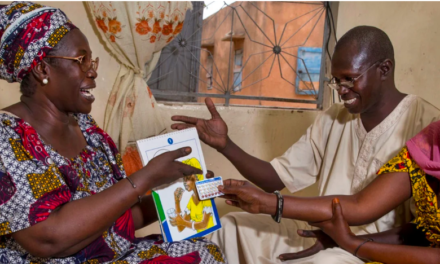Beijing, China — The SARS-CoV-2 virus, responsible for the global Covid-19 pandemic, has been linked to worsening kidney injuries, particularly through the deposition of viral proteins, according to a new study.
Researchers from Capital Medical University and Chifeng University in China have unveiled troubling findings in their latest research published in Kidney International Reports. The study reveals that deposits of SARS-CoV-2 protein in the kidneys are exacerbating the occurrence and recurrence of membranous nephropathy (MN), a serious autoimmune condition affecting the kidney’s filtering units.
The study involved 38 patients who developed new onset proteinuria, or elevated protein levels in the urine, after contracting Covid-19, alongside a control group of 100 patients diagnosed with primary MN before the pandemic. Among the 38 patients with post-Covid MN, 13 were found to be positive for the SARS-CoV-2 nucleocapsid protein. These patients exhibited more severe clinical manifestations compared to the control group.
Key findings include:
- Severe Clinical Manifestations: Patients with detectable SARS-CoV-2 protein levels showed a higher incidence of nephrotic syndrome, reduced serum albumin levels, and increased renal interstitial fibrosis compared to those without detectable viral proteins.
- Increased Severity: The presence of SARS-CoV-2 protein in the kidneys was associated with a greater severity of renal damage, including increased proteinuria and kidney fibrosis.
Membranous nephropathy is characterized by the deposition of immune complexes beneath the glomerular epithelial cells, leading to significant kidney damage and excessive protein loss in the urine. While approximately 70% of MN cases are primary, the remaining 30% are secondary to various causes, including viral infections.
This study marks the first observation of SARS-CoV-2 nucleocapsid protein deposits along the glomerular basement membrane, expanding the understanding of how the virus may impact kidney function. Previous studies primarily identified SARS-CoV-2 in renal tubular epithelial cells of Covid-19 patients with kidney injuries.
Despite these findings, researchers acknowledge that the precise relationship between SARS-CoV-2 protein deposition and the development of MN remains unclear. They emphasize the need for further investigation to fully elucidate the mechanisms by which SARS-CoV-2 may contribute to kidney damage and MN pathology.
This research highlights the ongoing challenges in managing post-Covid complications and underscores the importance of continued vigilance and research into the long-term effects of Covid-19 on kidney health.











